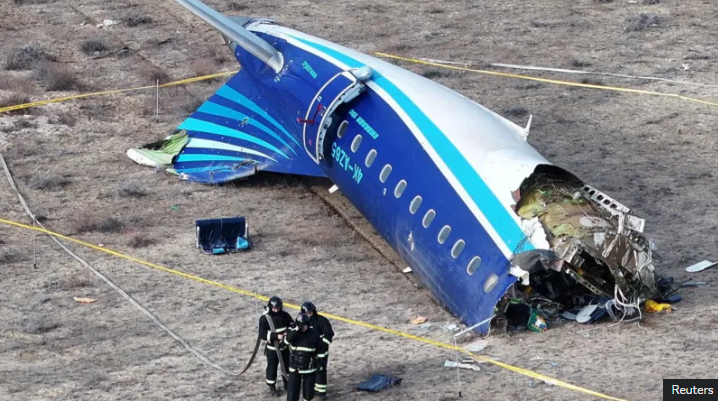The map Mr Netanyahu used in his speech to foreign media appeared to have erased the occupied West Bank

Israel’s prime minister, Benjamin Netanyahu, has again insisted that Israeli forces will not leave the Philadelphi Corridor – a strategically important strip of land in southern Gaza along the border with Egypt.
He told foreign media in Jerusalem that he is “open” to considering alternatives to the presence of Israeli troops along the Gaza-Egypt border, as part of any future permanent ceasefire deal – but that he did not see it happening.
Mr Netanyahu argued that Israeli troops must remain in this buffer zone to prevent weapons and possibly Israeli hostages being smuggled across the border.
Hamas said in a statement cited by Reuters news agency that Mr Netanyahu’s decision not to withdraw from the Philadelphi corridor is an attempt to thwart the ceasefire agreement, adding that it was time to put pressure on Israel.
Extremist settlers rapidly seizing West Bank land
Netanyahu not doing enough to free Gaza hostages, says Biden
Hope is all we’ve got, says Hamas victim’s brother
Earlier on Wednesday, Mr Netanyahu said conditions for any permanent ceasefire must include “a situation where the Philadelphi corridor cannot be perforated.”
He said if someone could show, “not on paper, not in words, not in a slide, but on the ground, day after day, week after week, month after month that they can actually prevent the recurrence of what happened there before we’re open to consider it.”
But, he continued, “I don’t see that happening […] And until that happens, we are there.”
His comments open a miniscule crack in his repeated insistence that Israeli forces would not leave Gaza’s southern border.
But he also doubled-down on his insistence that Israel needed to keep troops there for its security, describing it as a “red line”.
“People said: this will kill the deal,” he continued. “And I say: such a deal will kill us.”
Making more concessions after Hamas killed six hostages last week would be “illogical”, “immoral” and “insane,” he insisted.
“We have red lines. They haven’t changed. We’ll hold to them.”
















